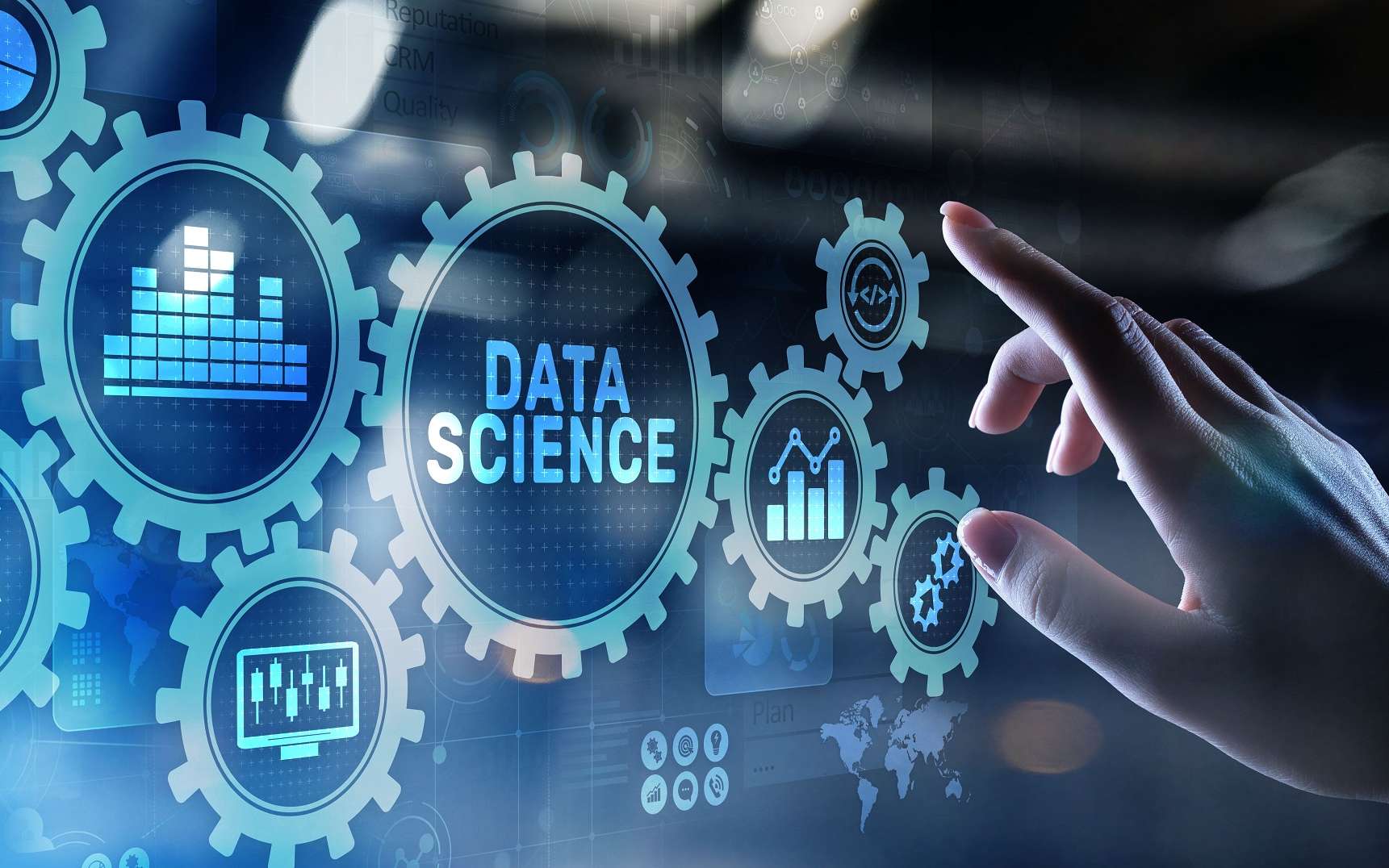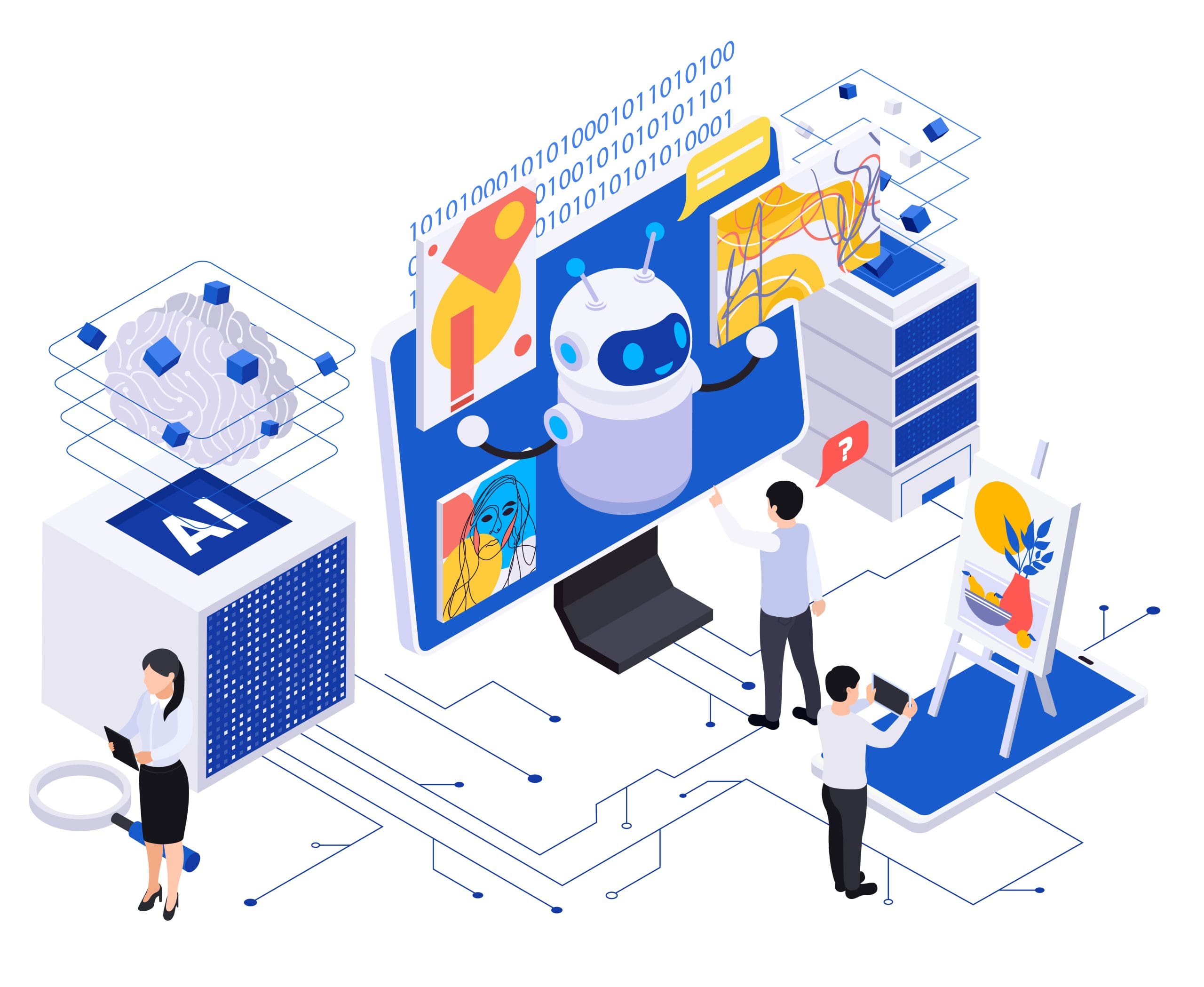Essential Data Science Skills for the Future

Strong 8k brings an ultra-HD IPTV experience to your living room and your pocket.
In today’s fast-paced world especially in the context of data science, acquiring new skills is vital for career progression. Furthermore, as we move forward to 2025, it is expected that the demand for data scientists will also increase. This article examines the top skills that working and aspiring data scientists should possess to succeed in their careers. We address the broad spectrum of skills necessary to succeed in the fast-paced field of data science, from critical soft skills like problem-solving and communication to technical proficiencies in programming and machine learning.
As data science skills become more important, the U.S. Bureau of Labor Statistics expects job opportunities in this field to grow by 27.9% by 2026.
Let’s look at some of the data science skills that you must have to build a solid data science career.
Skills Required For Data Scientists
Before moving any further, it is necessary to note that the position of a data scientist is multi-functional in nature, occupying technical and non-technical skills.
Technical Skills
1. Programming
Programming languages, such as Python or R, are necessary for data scientists to sort, analyze, and manage large amounts of data. As a data scientist just starting out, you should know the basic concepts of data science and begin familiarizing yourself with how to use Python. Popular programming languages include Python, R, SAS, SQL.
2. Statistics and probability
In order to write high-quality machine learning models and algorithms, data scientists need to learn statistics and probability. For machine learning, it is essential to use statistical analysis concepts like linear regression. Data scientists need to be able to collect, interpret, organize, and present data, and to fully comprehend concepts like mean, median, mode, variance, and standard deviation. Here are different types of statistical techniques you should know:
• Probability distributions
• Over and under sampling
• Bayesian and frequentist statistics
• Dimension reduction
3. Data wrangling and database management
Data wrangling means cleaning up and organizing complicated data so it is easier to use. It involves fixing mistakes, sorting the information by patterns or trends, and making it ready for analysis. This can take a lot of time but is important for making decisions based on data. It is also linked to knowing how databases work. You need to gather information from various places, change it into an easy-to-use format, and store it in a big database system for further study.
4. Machine learning and deep learning
As a data scientist, mastering machine learning and deep learning enhances your ability to efficiently gather and analyze data while predicting future trends. For instance, using linear regression can help forecast client numbers based on past data; you can then advance to more complex models like Random Forest.
5. Data Visualization
You need to analyze, organize, and categorize data while also enhancing your data visualization skills. Creating impactful charts and graphs is crucial for a data scientist to convey business insights effectively. Familiarity with these tools will prepare you well:
• Tableau
• Microsoft Excel
• PowerBI
Non-Technical Skills
1. Communication
• Proficiency in elucidating intricate data findings to stakeholders that need more technical expertise.
• Strong communication abilities in writing and speaking to create reports and presentations.
2. Problem-Solving
• Strong critical and analytical thinking skills to recognize and resolve challenging data issues.
• Using creative thinking to provide novel approaches to data interpretation and analysis.
3. Collaboration
• Abilities in teamwork to collaborate with coworkers from other departments.
• Capacity to work along with business executives to comprehend their goals and data requirements.
4. Business Acumen
• Knowledge of market trends and business operations must match organizational objectives with data insights.
• The capacity to provide data-driven recommendations that enhance corporate performance.
The Future of Data Science
The future of data science is set to change significantly because of AI and automation. AI takes over much of the work in handling data, making it more accessible. Generative AI is becoming very common and keeps improving, helping create content across different fields more intelligently.
Another trend is augmented analytics, which uses machine learning and natural language processing to quickly analyze large datasets and share insights with a broader audience.
These developments are transforming industries into new ways of innovating and solving problems, leading towards data science future where tools will be more integrated, automated, and user-friendly.
Conclusion
To stay updated in the changing field of data science, aspiring and active data scientists should focus on certain skills by 2025. Essential abilities include statistical analysis, data visualization, programming, and machine learning. It is important to keep learning new things as the field changes. You can improve your expertise by enrolling in advanced programs like the ones provided by USDSI®. These certifications give you the thorough training and practical experience needed to make a significant impact at any organization you join as a skilled data scientist.
FAQs
1. Does Data Science Require Coding?
Yes, data science needs coding because it uses languages like Python and R to create machine-learning models and deal with large datasets.
2. What Programming Language Should I Learn First To Become a Data Scientist?
Depending on the precise work requirements, Python is a popular language for data science because of its ease of use and extensive library support.
3. Can I Become a Data Scientist Without a Degree?
Yes, becoming a data scientist does not always necessitate a degree. Using projects and internships to demonstrate abilities and expertise can also result in job openings.
Note: IndiBlogHub features both user-submitted and editorial content. We do not verify third-party contributions. Read our Disclaimer and Privacy Policyfor details.




